“THE TIME HAS come for serious, well-funded, and cutting-edge academic research into the nature of Unidentified Aerial Phenomena and their broad cosmological and political implications.” So reads a statement appearing on the website of the Sol Foundation, a new California-based think tank that has positioned itself to become “a premier center for UAP research.”
Officially launched on August 15, 2023, the nonprofit organization was “established to research the philosophical, policy, and scientific implications of Unidentified Aerial Phenomena (UAP),” according to a press release issued last month.
The Foundation is led by Dr. Garry Nolan, a Professor in the Department of Pathology at Stanford University School of Medicine, along with sociocultural anthropologist Dr. Peter Skafish. Others named among the roster of experts the Sol Foundation is assembling are I. Charles McCullough III, the former Inspector General of the Intelligence Community (IC IG) who will serve as the Foundation’s legal counsel, and Diana Walsh Pasulka, an author and professor of religious studies at the University of North Carolina Wilmington who recently announced she will be joining the Foundation as a board member.
I’m joining the board of this group. https://t.co/xeKHs74bBM
— dwpasulka (@dwpasulka) September 11, 2023
Guided by academics and members of the United States government who share a common interest in what the Pentagon now calls unidentified anomalous phenomena (UAP), the Sol Foundation’s website says it is currently bringing together “teams of noted specialists in the natural sciences, the social sciences, the humanities, and engineering, information science, and other technology-focused disciplines” that will “undertake rigorous, methodical, and cutting-edge inquiry into UAP and their implications as well as help set the agenda for UAP Studies.”
In a recent interview with The Debrief, Nolan, who serves as the Sol Foundation’s Executive Director of the Board, and Skafish, its Director of Research, spoke at length about how the Sol Foundation came together, and what the organization aims to achieve.
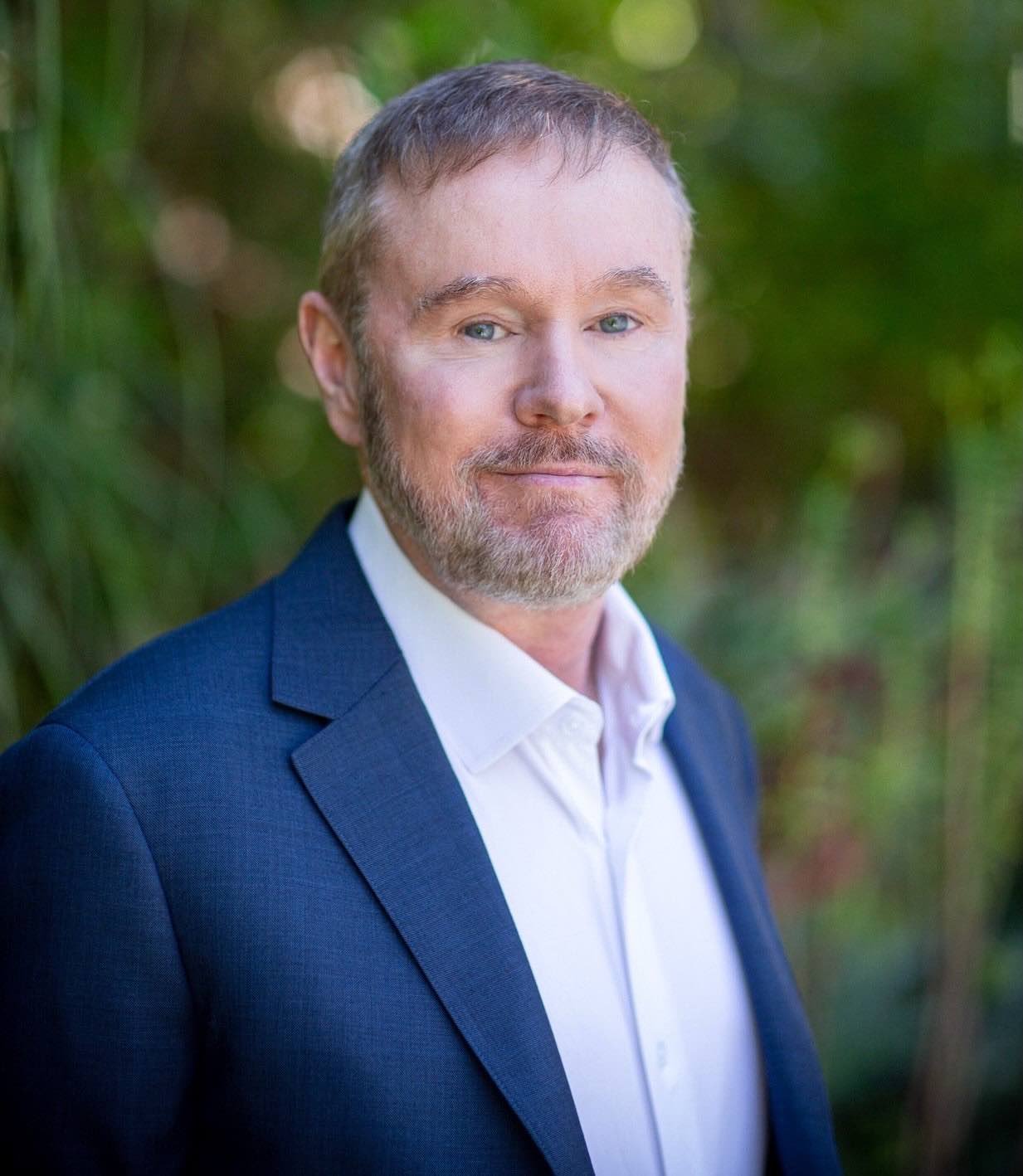

“We got to speaking about what was missing,” Nolan said of his introduction to Skafish, which after a period of ongoing dialogue, they concluded was “a sort of professionalization of the arena, bringing it together in a way that could be common academic discourse.”
“To the extent that the public needs to be convinced of anything or that politicians need to be convinced of anything,” Nolan told The Debrief, “they need to be convinced that academics look at this seriously and are using professional language that everybody agrees is the way it should be approached.”
“It’s really about [whether] we believe the data at some level,” Nolan said, emphasizing that rather than drawing conclusions about UAP and discussing them, academics should instead “have a discussion about the data.”
“We found a tremendous amount of support,” Nolan said, especially among policymakers in government that he and Skafish had spoken to.
“They felt that they needed somebody to help them frame the language,” Nolan told The Debrief, which he looks back on as the main force driving the creation of the Sol Foundation.
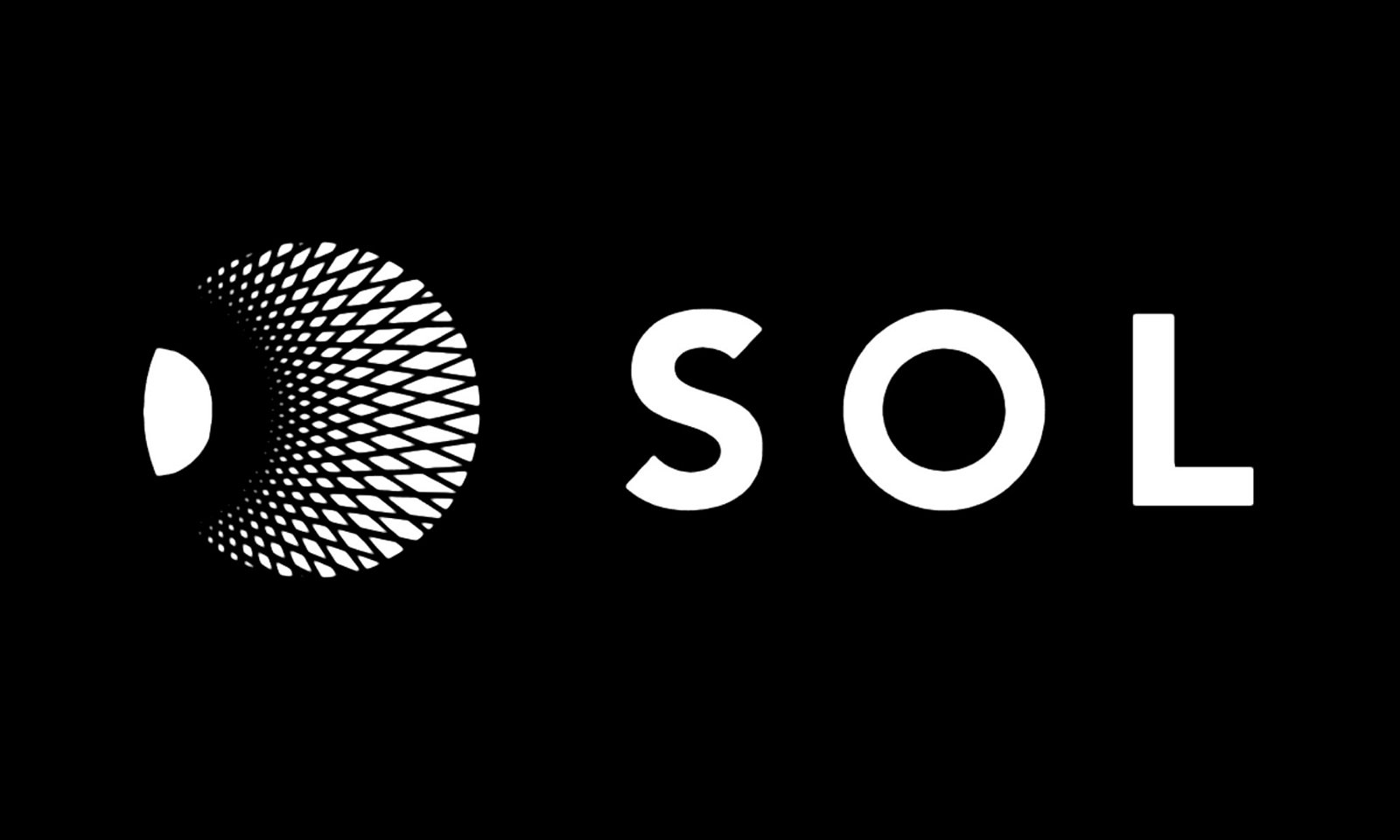

A specialist in religion, anthropology, and ontology, Skafish said he is uniquely positioned to provide an academic perspective on some of the potentials that the study of anomalous phenomena might represent.
“I know exactly what people mean when they talk about ontological shock,” Skafish said of his own research experience. “It’s pleasant for someone like me to see that term passing into public discussion around something as anomalous as UAP.”
Skafish told The Debrief that his past work in these areas included the exploration of religious and cosmological ideas, which gave rise to considerations about their potential relationship to UAP. However, Skafish also said he has explored the ways the United States government may have been involved in studying the subject.
“What happened in 2017 and after wasn’t a big surprise to me at the time,” Skafish told The Debrief, acknowledging that he had educated himself on the topic prior to the widespread reporting on efforts within the U.S. Department of Defense to evaluate UAP that were first reported in The New York Times.
“We do have a narrow framing right now in public discussion about what data is,” Skafish said. “It’s absolutely necessary for the natural sciences—in other words, the ‘hard’ sciences—to be involved in both gathering data and analyzing it on one hand, but also confirming some aspects of UAP through that, if that’s possible.”
However, Skafish said that much of the data that currently exists about UAP is of the kind that better satisfies the research interests of those in the social sciences, like himself.
“It’s data that belongs to the social, historical, cultural, critical dimension of human beings,” Skafish said. “So to me, the Congressional legislation is data. The 2021 UAP Task Force report is data. The old intelligence data from the Project Blue Book files [is] data not just about UAP events, but that’s data about their context.”
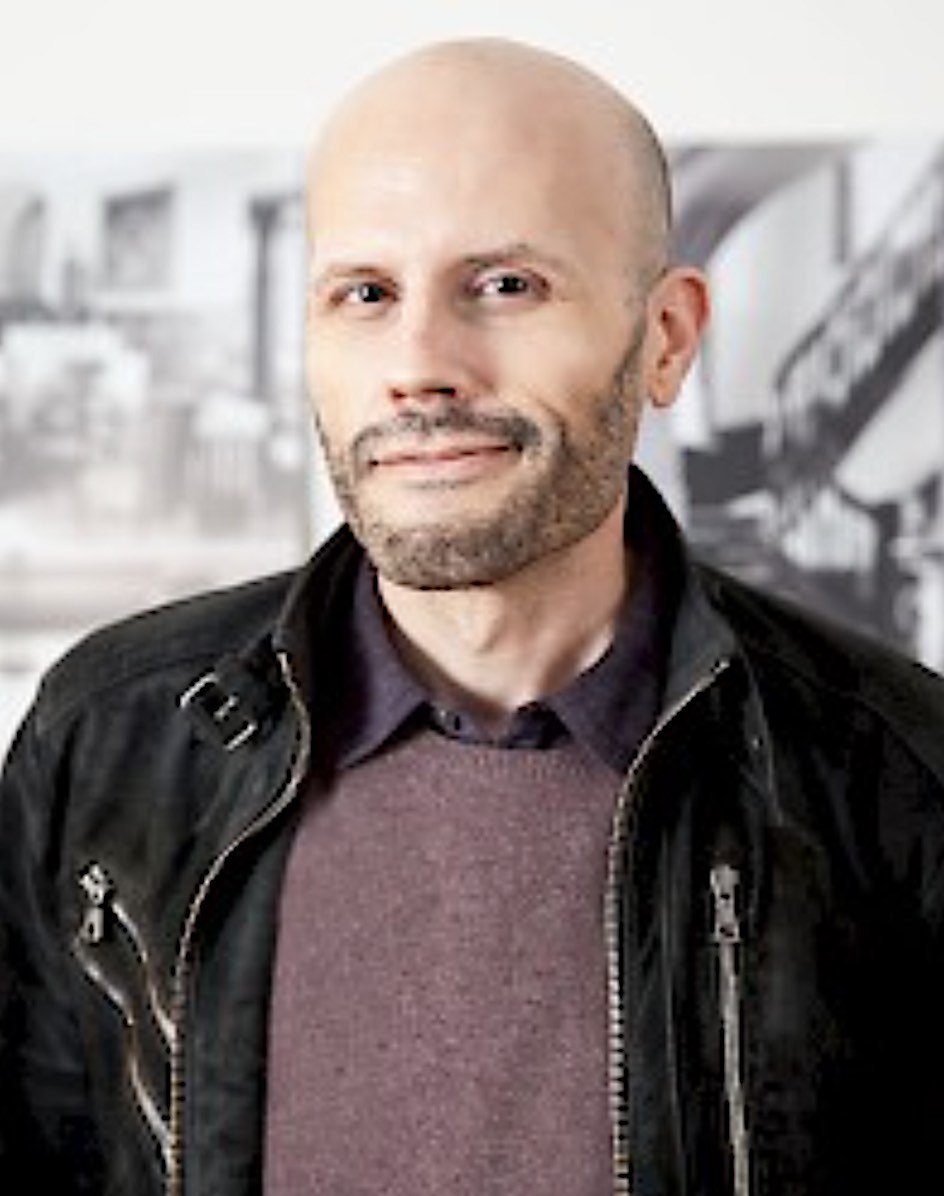

“From my perspective right now, if we were to take a hard look at a lot of the data coming out of legislation, and out of declassified information on UAP, we would probably be close to settling the question of whether these things—the ‘genuine’ UAP—are non-anthropogenic,” Skafish told The Debrief.
“I think that is the data we need to be looking at right now,” Skafish added. “And as we do that, the scientific data is going to become much more important, and we’re going to have more people gathering it. But also, looking at it in more rigorous ways.”
Skafish and Nolan expressed that there is promising potential that improving the collection and analysis of these existing forms of data about UAP could eventually move us toward a better understanding of their performance characteristics and other physical capabilities.
“The more narrow you define the field of your inquiry, the easier it is to exclude answers,” Nolan said during our interview, emphasizing what he perceives currently as a movement within the sciences that promotes interdisciplinary studies.
“Team science is really more than just a buzzword,” Nolan said. “It’s a requirement for a lot of the kind of ‘big’ science work that I do. In that context, even if I maintain a central focus on what would be considered the natural or hard sciences, if I exclude the kind of data that Peter is talking about and say that is out of bounds—that many of the skeptics would like to say is out of bounds—then that’s a huge mistake.”
“Social sciences still has the word ‘science’ in it,” Nolan said.
Although both Nolan and Skafish argue that there is data already in hand that could be useful in advancing our understanding of UAP, they also recognize that it is not enough information to demonstrate that UAPs, while still anomalous, also represent something truly extraordinary.
“Where we are today, no one should be expected to believe that UAP are non-anthropogenic vehicles,” Skafish said while talking with The Debrief. “No respectable institution has said that since World War II.”
“It’s a sea change that we even have policy on it,” Skafish added. “That’s a radical thing.”
Since July 2022, the All-domain Anomaly Resolution Office (AARO) has overseen the Pentagon’s investigations into UAP, emphasizing the use of standardized reporting in data collection efforts that the office hopes to use not only to better understand the origins of various kinds of UAP but also mitigate potential dangers some of them might represent.
According to its website, AARO defines UAP as consisting of “airborne objects that are not immediately identifiable,” as well as “transmedium objects or devices” and “submerged objects or devices that are not immediately identifiable.” AARO also maintains that it currently has found no evidence of extraterrestrial technology, a position that has resulted in criticism of both the office, and its current Director Sean Kirkpatrick Ph.D.
While speaking with The Debrief, Skafish acknowledged some of the criticism AARO has received, while emphasizing the significance of its existence as an official governmental UAP investigative effort.
“People are dissatisfied with AARO, but people need to keep in mind it’s remarkable that there’s even an office that reports to Congress and the Department of Defense about this,” Skafish said.
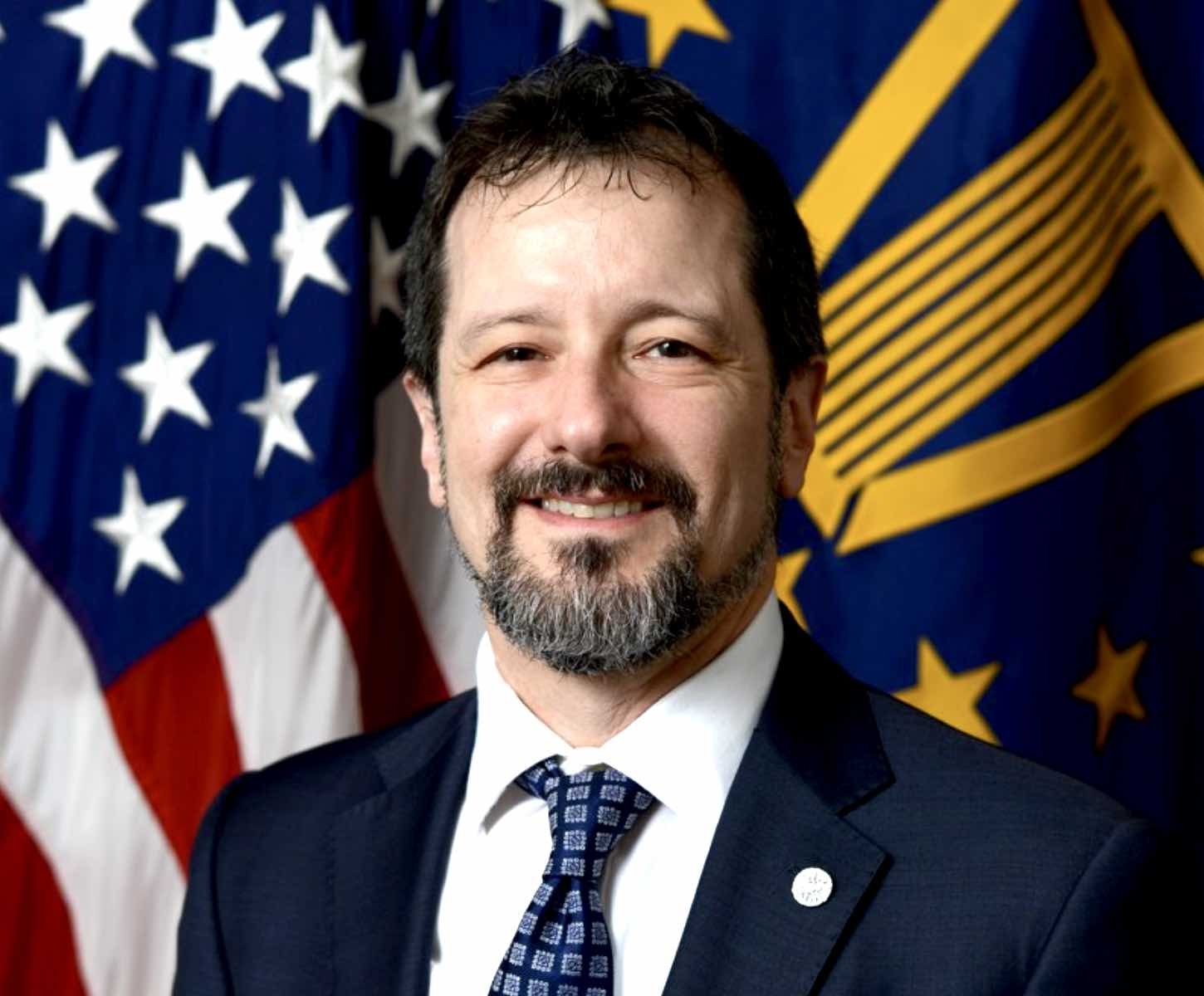

“I really feel that people need to take a hard look at what we’re hearing from some of the most senior people in the intelligence community, what we’re hearing from people that were involved in publicly acknowledged UAP programs in the intelligence community, what emerging whistleblowers are saying, and also what people in Congress are saying,” Skafish said.
Skafish told The Debrief that in his view, the notion that U.S. government investigations of UAP are entirely the result of a small collection of individuals who merely want to believe there is a phenomenon is doubtful.
“I would say that the evidence strongly tilts in the direction of them actually just having listened to people do good faith—but also methodical—intelligence assessments, who said, look, you not only have something to look at here, but we don’t believe these are adversarial technologies,” Skafish said of the kinds of intelligence he believes might have been collected, analyzed, and then conveyed to officials over the years… officials the very likes of which are known to have had a hand in the Sol Foundation’s own formation.
THE SOL FOUNDATION first came to light in early August 2023 in documents appearing online that initially referenced the organization as the Sol Foundation for Advanced Studies, organized as a California Public Benefit Corporation pending recognition as a 501c3 federal non-profit.
In a Bizapedia entry last updated on September 1, 2023, the organization is now officially listed under the name “The Sol Foundation for Advanced Scientific and Policy Research,” according to filings made on July 7, 2023. Three company contacts are listed, which include Nolan and Skafish, as well as Jonathan Berte, who is listed as the Foundation’s Chief Financial Officer.
In March, it was reported that Robovision, a company Berte founded, would be assisting Stanford University with the development of AI applications for the study of complex diseases.
Among the documents that appeared in August which revealed the existence of the Sol Foundation had been a résumé uploaded to the website of the U.S. House of Representatives belonging to David Grusch, a former member of the intelligence community whose whistleblower complaint about an alleged program involved in recoveries of exotic craft were first reported by The Debrief in June.
According to Grusch’s résumé, he had served since May 2023 as the Sol Foundation’s Chief Operating Officer (COO), an organization described on the document as “The premier center for research in the natural and social sciences, engineering, and the humanities” which “also extends activities to advisory and policy work for the U.S. government/public outreach.”
During our interview, The Debrief inquired with Nolan and Skafish about Grusch’s résumé, as well as his current position with the Foundation, and was told that the whistleblower’s title has since changed to Senior Founding Advisor, rather than Chief Operating Officer.
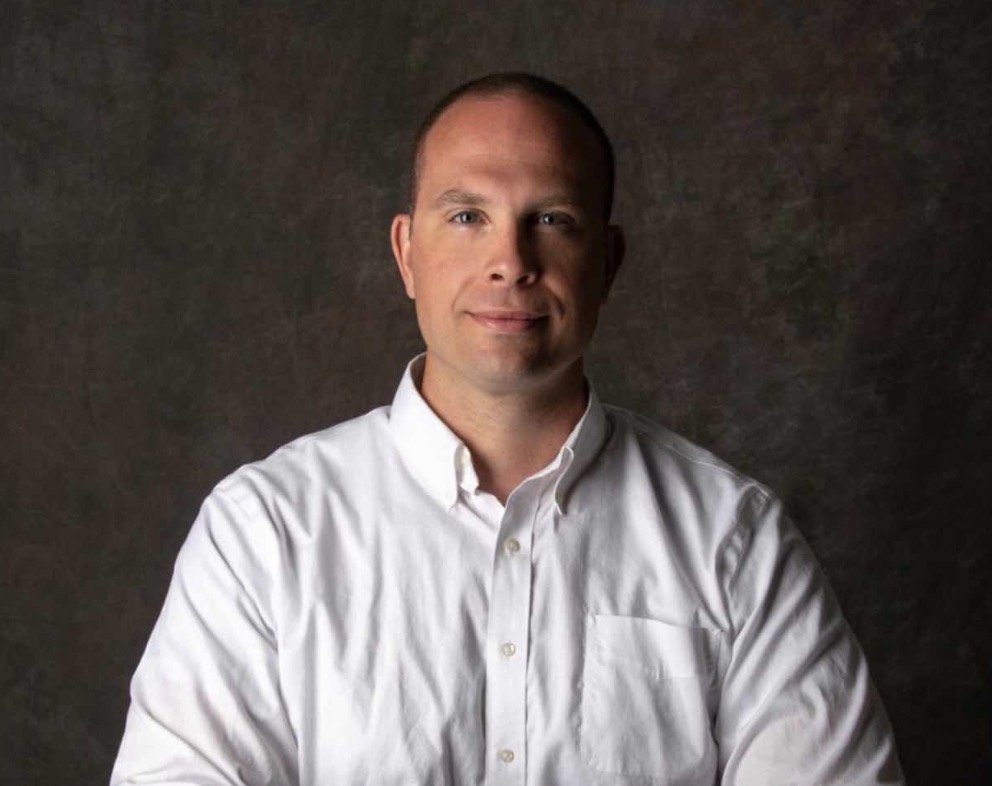

“Dave was instrumental in helping us establish the foundation,” Nolan told The Debrief. “And really he has a lot more to contribute.”
“His coming forward publicly was a game changer for the premise of what the Sol Foundation will accomplish in terms of why a professional foundation like Sol must be there to shape policy and academic goals,” Nolan added.
“His impact, as everybody can see, has been tremendous, and the landscape has moved so quickly that in discussions with him, we’ve decided that he will remain as he was before—a Senior Founding Advisor—as we collectively change and shape the goals of the Foundation and [its] directions.”
Nolan told The Debrief that Grusch’s title of Chief Operating Officer, as reflected on the version of his résumé that appeared on the Congressional website, had been an accurate representation of his involvement at the time the document was created.
“I think you have to understand that at the beginning of setting up any enterprise, everybody wears many hats. And so, to the extent that we had to give him a name or a goal or a purpose, that seemed the right thing at the time.”
“Now, he’s a senior founding advisor,” Nolan told The Debrief. “ He’s a founder of the Sol Foundation, and each of us have different roles, and as we grow the organization we’ll start to name people into more specific roles as it seems fit.”
“There was nothing wrong with what he wrote at the time,” Nolan further clarified about the original title listed on Grusch’s résumé. “And I’m glad, frankly, that people saw the CV.”


In describing his own role with the Sol Foundation as Director of the Board, Nolan said that he doesn’t have a line office or role with the company, since on account of his association with Stanford University he is not allowed to hold a position as the officer of a company outside of the university.
“As such, I don’t even take a salary,” Nolan told The Debrief. “It’s all done pro bono.”
ACCORDING TO A page outlining its research agenda between 2024 and 2025, the Sol Foundation plans to pursue studies that it said will span “the natural sciences, the social sciences and humanities, and engineering to explore UAP and their implications.”
“We are currently assembling teams of notable academics to conduct research into the implications that UAP hold for our understanding of aspects of nature, like physics and matter, as well as human institutions, such as law, politics, and religion,” a portion of the Foundation’s website reads.
The Debrief asked Nolan and Skafish about The Sol Foundation’s current plans to coordinate with scientific organizations and lawmakers about UAP, as well as how it plans to help facilitate government transparency on the issue.
“We have a series of white papers coming out,” Skafish said, “that will go ahead and start to tackle the issues that people have been talking about in public, but only in the way that’s possible in social media form or brief media exchanges.”
“We’ll tackle the national security issues, including some of the more sensitive ones,” Skafish told The Debrief.
Areas of focus will include legislative oversight and Congress’s role in the current UAP dialogue, although Skafish also said the Sol Foundation has plans for “helping the intelligence community, but also ensuring that it stays within ethical bounds and the law.”
“We now have six distinct pieces of legislation on UAP,” Skafish said, counting two recent pieces of proposed legislation that are currently still in draft form. “That’s a lot, given that these things aren’t supposed to exist.” However, Skafish points out that the majority of the legislation about UAP seen in recent years has one thing in common.
“What I think people don’t realize about that legislation is that, in the specifics, it concerns much more what the government may be doing [about UAP]—pockets of the intelligence community and the Department of Defense—than UAP themselves.” This, he notes, in addition to the increasing concern reflected in the recent legislation that information about UAP may have been withheld from Congress, resulting from a failure to report things that may include compartmentalized programs.
“That’s one of the issues that we will take on,” Skafish said.
“We’re going to take a balanced approach to that,” Skafish told The Debrief. “We need to be very, very sure that in the information gap that seems to exist between pockets in the [intelligence community] and the relevant committees in Congress, that we haven’t begun to assume that there’s more there in the intelligence community than there is.”
“On the other hand, we also need to be very open to the idea that there is something there,” Skafish added.
Along with applying academic rigor to questions like these, Skafish also told The Debrief that the Sol Foundation will apply a nonpartisan approach toward understanding the driving factors behind issues that include public calls for greater government transparency on UAP.


“Very few people are clear about why they think something like disclosure should happen,” Skafish told The Debrief. “Is it just because the United States government owes the American people the truth about this if there is a truth to be told? That might be true, but we have to remember that the intelligence community, the Department of Defense, [and] even the office of the President don’t necessarily recognize a ‘right to know’ for the American people.”
“So we have to have a public discussion about whether there is a right to know,” Skafish said. “I think there probably is a right to know here, but that’s something we may have to create or invent, rather than assume it’s just waiting there for us.”
Skafish also points to the possibility that some UAP programs may exist within the U.S. federal government that are not illegal, and that the secrecy that has kept them from coming to public knowledge may be within the bounds of the law.
“Those programs may be very well within the law,” Skafish told The Debrief. “I don’t think it’s as simple as it’s all illegal activity done for corporate profit.”
“There may be some issues there that have to do with a failure to do budgets properly,” Skafish acknowledged during our interview. “There seem to be questions about whether these things have been reported in the proper fashion to the appropriate persons and committees in Congress. That seems pretty clear.”
“But we don’t really understand what, on the other side, the legal justification for the classification is,” Skafish maintains. As an example, he cites how the Central Intelligence Agency answers to the President “even with the Director of National Intelligence in place.”
“It’s not necessarily a good idea pointing the finger at them about this and saying you’ve hidden a great secret from the American people, when a) we don’t know what the secret is, and b) we don’t actually know, if there is classification there, who authorized it.”
“I think those are big, big questions right now,” Skafish said, adding that he views one of the Sol Foundation’s roles as being “to lower the temperature” and help reduce some of the outrage that frequently seems to dominate discussions about UAP transparency.
“We have time to have a public conversation about this,” Skafish said. “We have time to reflect on it, we have time to deliberate… and to think about what the issues are [and] how you might solve them.”
Fundamentally, Skafish and Nolan say that they hope the Sol Foundation can help to illuminate not just our understanding of unrecognized phenomena that may exist, but also to shed light on some of the unknowns regarding the true extent of the U.S. government’s involvement with the subject.
“I can say that, from my vantage, it’s very unlikely that there hasn’t been government activity and knowledge about this stuff,” Skafish said. “And a lot of people in the executive branch have done a very good job keeping quiet about it because they were required to by law.”
“We’re seeing a change, politically and culturally, about that,” Skafish told The Debrief, though acknowledging that it remains “a difficult process to navigate.”
“Very few people want to be prophets about this, who may know something about it. Very few people want to be big public whistleblowers,” Skafish said. “And they face a lot of obstacles in speaking about this, and speaking about it intelligently and responsibly.”
“There is something there. What it is, we don’t quite know, but we know that if there truly is something there, it’s of an almost unfathomable significance.”
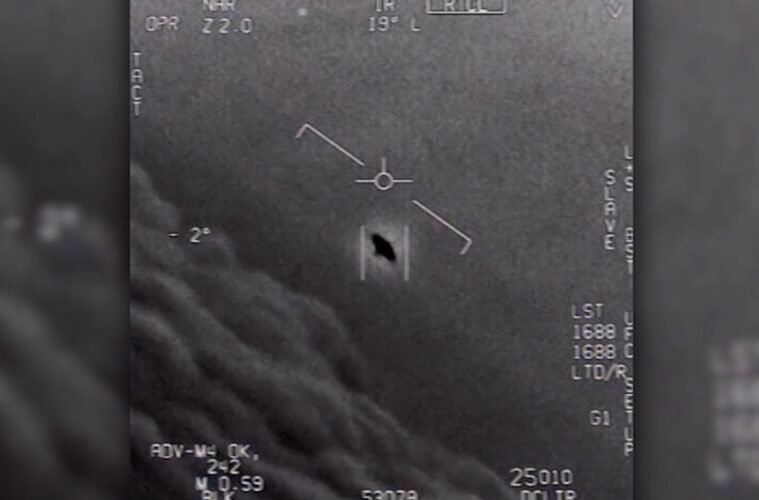

“We don’t know how to define that yet,” Skafish said.
“IN A WAY, I want to make the discussion not only legitimate, but boring,” Nolan told The Debrief near the end of our lengthy discussion.
“I want to make this an academic discourse–a professional discourse–that people can engage in, in an area where they will not be ridiculed for coming up with an idea.”
“Nothing offends an academic more than being told something legitimate—a legitimate area of inquiry—is out of bounds,” Nolan said. “And so that’s what drives me, and I think in some ways the more staid aspects of what the Sol Foundation is about is to show that there are not, here, illegitimate aspects of inquiry. These are all entirely legitimate.”
“Academics is about discovery,” Nolan said.
As we concluded the interview, Nolan shared a final anecdote involving the biotech industry in the Bay Area, and how it had been an outgrowth of work being undertaken in Stanford’s Department of Genetics, where he obtained his Ph.D. It was also the same area where work involving the famous Viking lander had been undertaken by Nobel Prize-winning American molecular biologist Josh Lederberg.
“The engineers from that went on to work in the laboratory of Leonard Herzenberg and developed the fluorescence-activated cell sorter, which was the biggest patent at Stanford for many years,” Nolan told The Debrief. “That led to the development of monoclonal antibodies for human health, and for Stanley Cohen’s Cohen-Boyer patents that founded the biotech area.”
“Trillions of dollars,” Nolan said, emphasizing the industry that resulted from these research efforts. “Why? Because somebody said, ‘Is there life on Mars?’ And so, that’s why a simple boring question can lead to extraordinary outcomes,” Nolan said.
“The health of the planet and all the biomedical industry that we live off of today came from that simple question.”
“Basic research is important,” Nolan concluded. “It leads to translational outcomes.”
Micah Hanks is the Editor-in-Chief and Co-Founder of The Debrief. He can be reached by email at micah@thedebrief.org. Follow his work at micahhanks.com and on Twitter: @MicahHanks.

